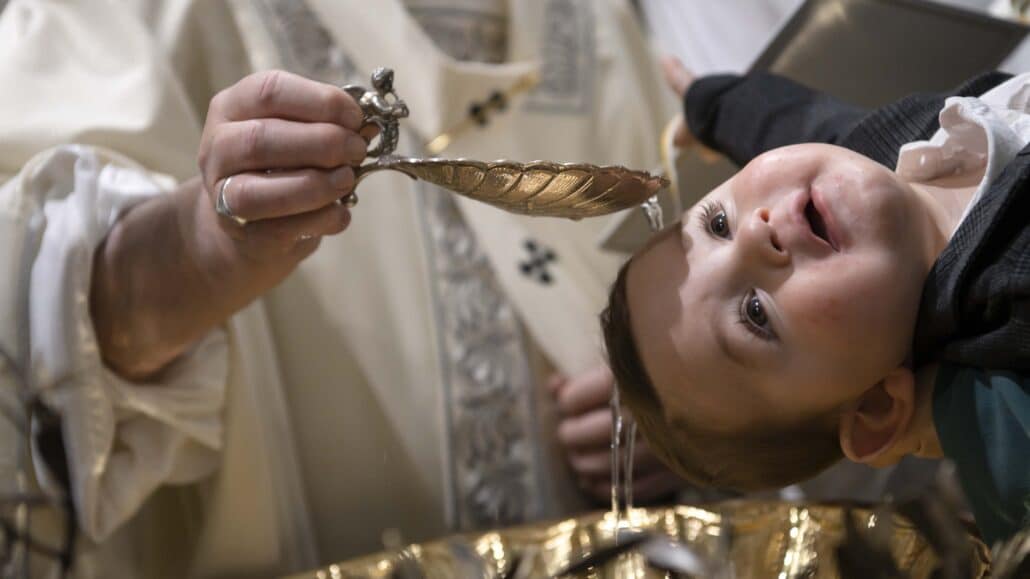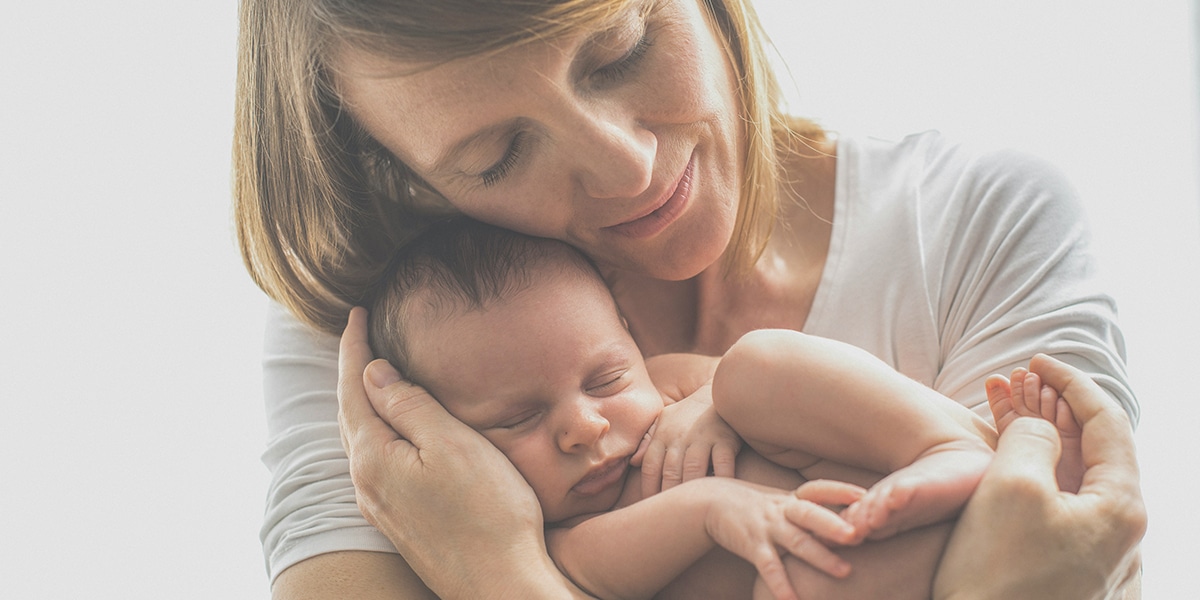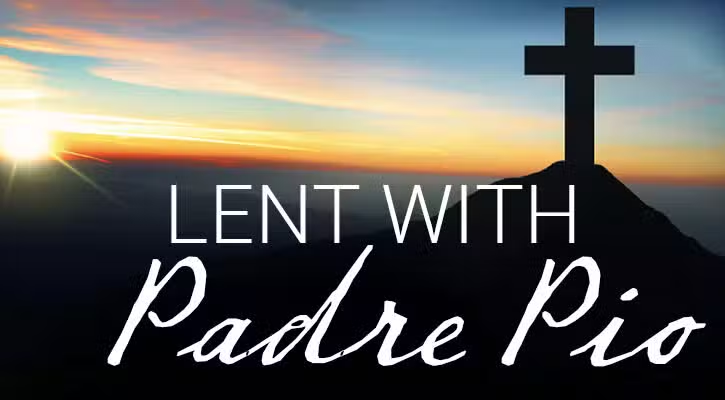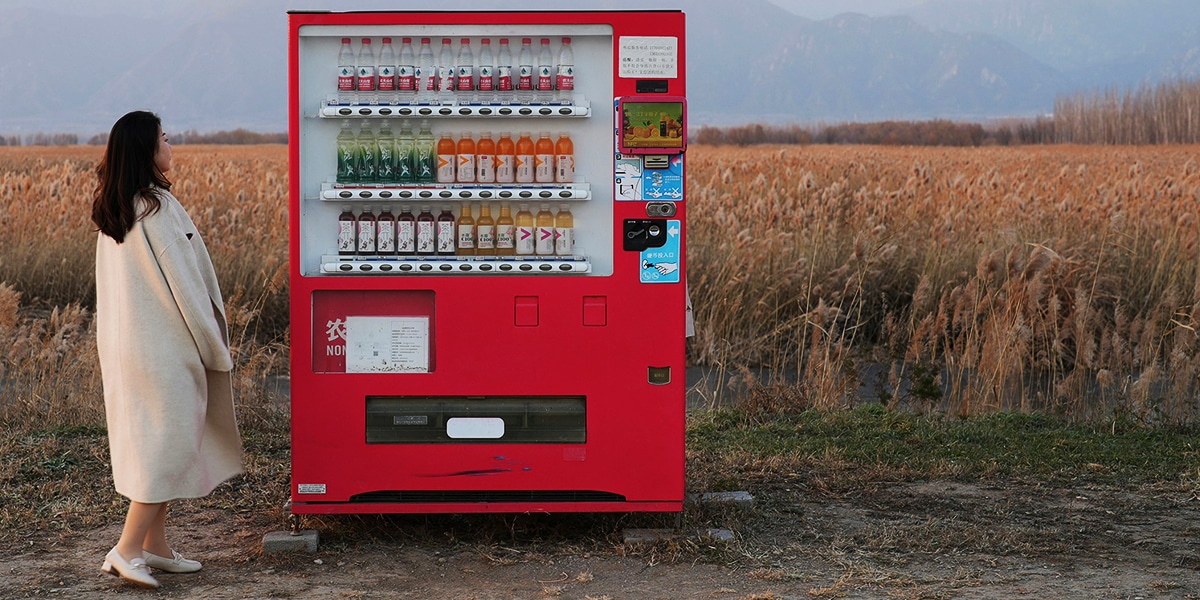We commonly say that the sacraments are signs that effect what they signify. That’s a fancy way of saying that they do what they say they do. When we pray the words—and do the prescribed actions using the appropriate objects—we bring about a promised result. Sounds kind of like magic, but it isn’t a question of magic, but of faith, since the “automatic” aspect of the sacrament is the promise of Jesus to do something wonderful in our lives. This presumes a certain integrity or truthfulness in the sacraments. We can trust them because they are more than just human words and actions: they are the love of God active in human life.
Too often, however, we deal with the sacraments on a highly intellectual level. While this may be necessary and advantageous for the theologian, it can remove the warmth from our everyday discussions of the sacraments. Can we look at the sacraments in a lighter, more affective way without losing the significance of good theology? Let’s try, and we’ll begin with Baptism.
We believe that Baptism brings about both an adoption and a cleansing. When the infant, child, or adult to be baptized is brought to the font, God adopts the person as his beloved son or daughter, and that through this new life-giving relationship, he forgives the person’s sins. All this when the priest or deacon pours simple water over the head of (or immerses) the person to be baptized three times with the words “I baptize you in the name of the Father, and of the Son, and of the Holy Spirit.” Simple words, an action—pouring or immersing, using the appropriate object—in this case, water.
Adopted by God
We know from our experience what an adoption is—or, at least, should be. A child, who for whatever reason has been deprived of a loving home and parental care, is taken in by other adults and given a loving environment for healthy development. Concern for the child’s spiritual, mental, emotional, and physical growth is at the heart of the adoptive parents’ decision to make the sacrifice required to raise the child. Ideally, it’s all about love. Realistically, however, not all adoptive situations are that ideal, because the adoptive parents are human.
When God is the adopting father, however, we are taken in by the most loving and concerned parent in the universe. And knowing that he calls us to the highest possible sharing in his life, and wanting to capitalize on his gifts, we realize that we need all the help that we can get. We are weak human beings, but God is willing to take us in, give us the environment needed to grow into eternal life, and help us succeed in every possible way. And to make his support tangible, he incorporates us into the family of Jesus, the Church, where we have the sacraments, a community of faith, the Scriptures, and the sure support of others who, like ourselves, are on the way.
Baptism is also a cleansing; it removes original sin and, for those mature enough to have been able to make the choice, all personal sin. So, the newly baptized is off and running with a new identity—a child of God, a new membership—incorporation into the Church, and is free from all sin. Mercy bound for sainthood!
There’s just one negative caveat, however, and that’s the reality of sin. As humans, we are inclined to sin and to the loss of our dignity as children of our loving Father. And knowing that sad fact, God has given us other aids along the way—for instance, the Sacrament of Reconciliation. (There’s even a little ceremony during the Baptism to remind of our upcoming Confirmation and reception of Holy Communion.) Therefore, Baptism is the beginning; a sacrament of initiation. There is more to come.
A Very Good Beginning
Now for a look at that thing we call original sin. I like the approach taken in the Catechism of the Catholic Church which describes it as “the fallen state of human nature which affects every person born into the world, and from which Christ . . . came to redeem us.” I understand this to say that, while the newly baptized is set on the path to glory, he or she is going to have to face the results of sin in the world. In other words, it won’t be a bed of roses. There will be a few thorns along the way.
This is where the Church, the other sacraments, the Scriptures, and the faith-community come into play. All are there for us as our God-given helps and supports. So, original sin is a catch-word for the fact that life is not perfect, but, as the Catechism says, Christ came to redeem us and that redemption begins at Baptism and presumes the rest of the sacraments.
So, we have a ritual in the Church which guarantees that God adopts us, forgives us, and offers us every means of success through his Church and her many gifts. And we call that ritual, Baptism—a “very good place to start.”







